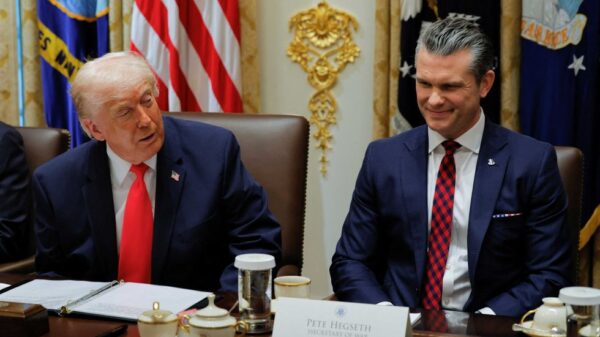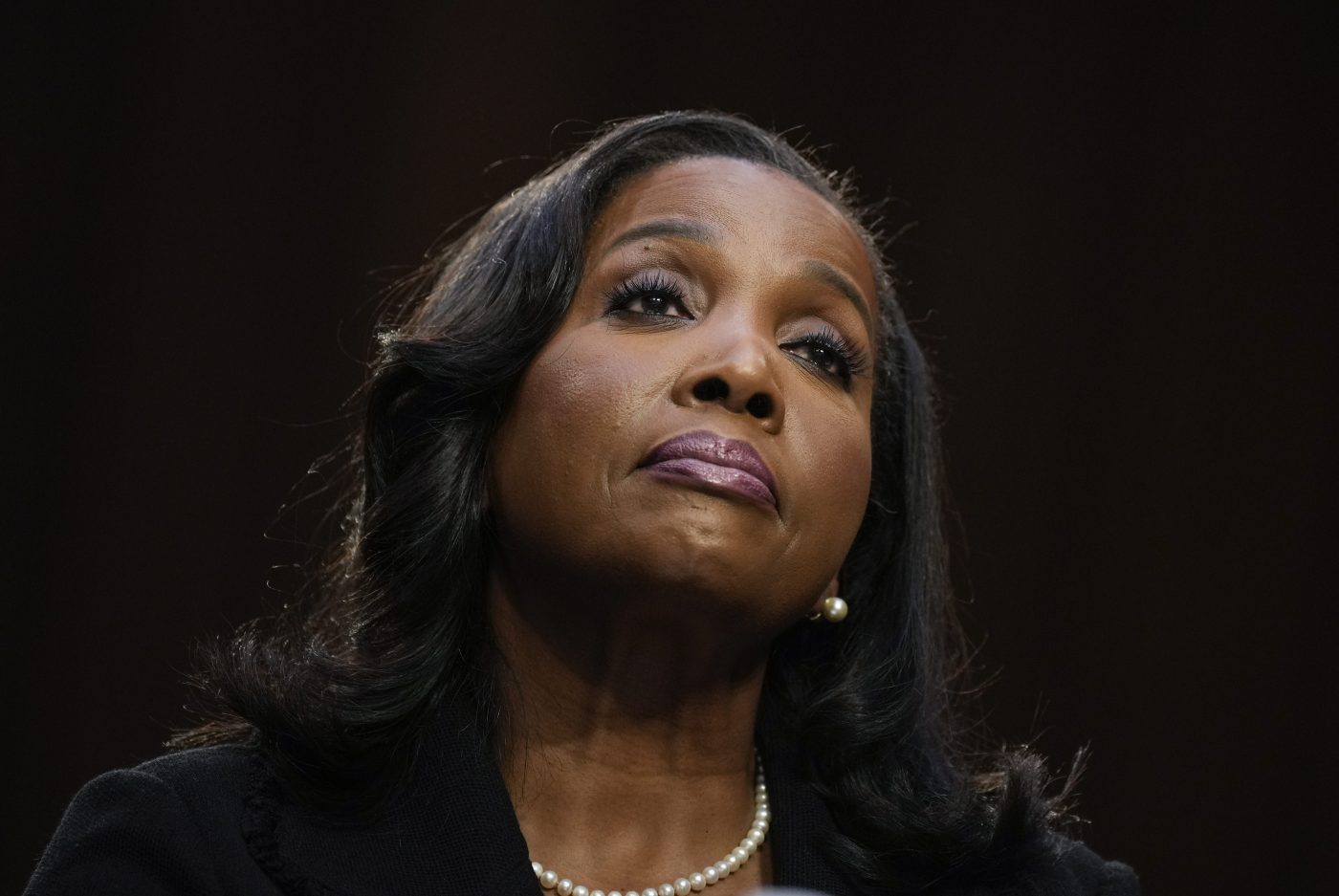Former President Donald Trump has escalated his efforts to influence the independent Federal Reserve by attempting to remove Governor Lisa Cook. This move, based on unfounded allegations of mortgage fraud, raises significant legal and economic concerns. Experts warn that Trump’s actions could undermine both the economy and the rule of law.
The Federal Reserve plays a critical role in shaping monetary policy, primarily through the management of interest rates. Such decisions are traditionally made by experienced economists, not politicians. Trump’s recent attempt to dismiss Cook marks a significant intervention in this independent body. Cook has publicly stated that Trump lacks the authority to fire her and has indicated her intention to contest any such action legally.
This situation has historical implications, as the U.S. Supreme Court previously clarified that the Federal Reserve is insulated from political interference. This ruling underscores the importance of maintaining the Fed’s independence. Any erosion of this independence could lead to unpredictable and potentially catastrophic consequences for the global economy.
Trump’s efforts to control the Fed coincide with his broader political strategy, which has included contentious tariffs that have already affected consumer prices and global market confidence. Many economists express concern that if Trump were to successfully exert control over the central bank, it could result in turmoil that extends beyond mere economic fluctuations.
Critics argue that Trump’s motivations extend beyond economic policy. The allegations against Cook echo previous attempts to discredit political adversaries, including New York Attorney General Tish James, with similar unfounded accusations. These tactics appear to be part of a broader strategy to undermine figures who stand in opposition to Trump’s agenda.
At the center of these developments is Bill Pulte, a notable Trump donor and current director of the Federal Housing Finance Agency. Observers have raised concerns that Pulte and others in Trump’s circle may prioritize loyalty to the former president over public service and adherence to the rule of law. This perspective highlights a troubling trend in which political appointments are leveraged to pursue personal and political interests rather than the common good.
The accusations leveled against Cook and James, both prominent Black women in their respective fields, have drawn scrutiny. Critics suggest that these claims serve as convenient pretexts for Trump to target individuals who challenge his authority. The implications of such actions are profound, as they not only threaten the integrity of independent institutions but also signal a broader assault on the democratic processes that uphold accountability in government.
As the situation unfolds, the potential for congressional and legal scrutiny of figures like Pulte looms large. The hope is that a return to adherence to the rule of law will prevent the intimidation tactics employed by Trump from taking root in American governance. The stakes are high, not just for the Federal Reserve, but for the overall health of the economy and the preservation of democratic principles in the United States.






































































